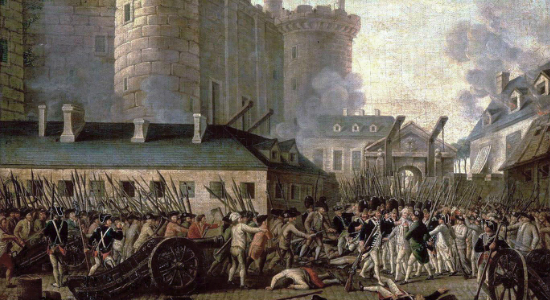The State is a entity with sovereign power to govern a people within a delimited territorial area. Thus, it can be said that the constituent elements of the State are: power, people, territory, government and laws.
for the german sociologist Max Weber (1864-1920), what defines the State is the monopoly on the legitimate use of force. That is, within certain territorial limits, no group or institution other than the State has the power to compel, charge, tax and punish.
In addition to its role as a service provider, the State is a political entity that exercises sovereign power within a given territory, and this sovereign power is generally accepted as legitimate by the people who submit to it (in the case of a democracy, the citizens).
In its modern form, the State is constituted by a set of permanent institutions that organize and control the functioning of society. the calls three powers (executive, legislative and judiciary) share these functions among themselves.
the pexecutive power (government) fulfills the role of managing public services (in the areas of health and education, for example) and enforcing laws. O
legislative (parliament) has the power to formulate laws and even change the Constitution. already the judicial power (whose highest instance in Brazil is the Federal Supreme Court) fulfills the role of supervising and judging the application of laws.It is also designated by the word state (with a lowercase "e") each of the political-geographical divisions of a federative republic. These divisions are autonomous and have their own government governed by a local administrative structure. Brazil is divided into 26 States and a Federal District, which make up the 27 federative units.
Differences between State and Government
Government is a group of people who govern (direct, administer) the State. Therefore, the main difference between the two is that the government is an organ that is part of the State, fulfilling the functions of managing the most diverse public services and executing the laws.
Generally speaking, governments are transitory in nature. This is especially true in democracies, where there is an alternation of power. In Brazilian democracy, for example, the political group that occupies the government can be replaced every four years (when there are elections). In dictatorships, governments can last for decades. The State, on the other hand, has a permanent character - it is customary to say that governments pass, but the State remains.
See more about what the Government.
Differences between State and Nation
Nation is a group of people who are held together by "social bonds" that create a kind of identification between them. A nation can be defined as a group that has a "personality of its own", united by common interests and cultural traits. The State, on the other hand, is an entity that exercises sovereign power within a given territory. To exist, the nation depends on a sense of belonging. The State is linked to the question of power.
In the past, an attempt was made to define a nation based on racial criteria (a theory that does not hold). A more accepted definition of a nation emphasizes its cultural aspect - customs, language, beliefs, etc. However, some authors say that this criterion, by itself, is not enough to define the term, since there are nations, such as Brazil, constituted by a plurality of cultures and languages.
See more about what a Nation.
See too:
- Parents
- Politics
- Democratic state

